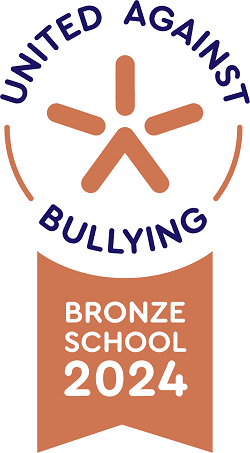Roles and responsibilities for successful sports leadership, planning and leading sport activities, evaluating leadership skills, practical performance, analysing sport performance, knowledge and understanding of rules and regulations in sport.
Skeletal system, muscular system, muscle fiber types, antagonistic muscle pairs, types of muscle, effects of exercise on the muscles.
Cardiovascular system, vessels, heart, blood, effects of exercise on the cardiovascular system including functions of the CV system.
Respiratory system, components of the lungs, mechanics of breathing, effects of exercise on the respiratory system, gaseous exchange.
Physical training including; components of fitness, training methods, evaluating performance and fitness, training programmes, karvonens principle, sports injuries, long-term adaptations to training, drugs in sport.
Visit our PE page for more information

